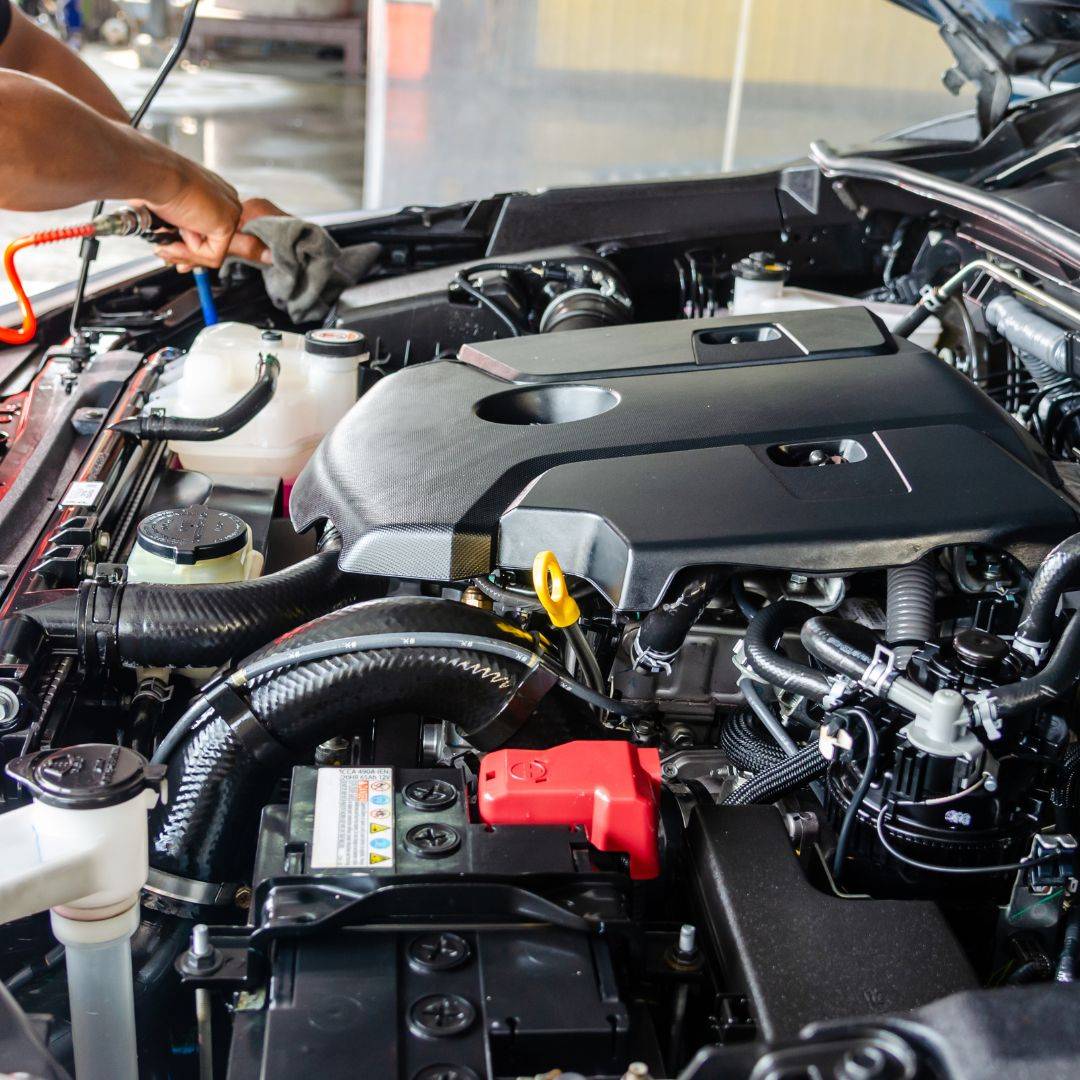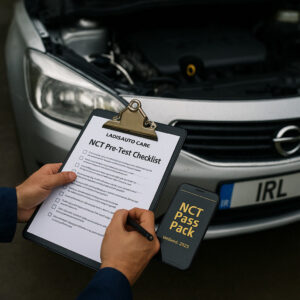Understanding and Solving Engine Knocking or Pinging
- Common Causes of Engine Knocking
- Symptoms to Watch For
- Preventative Maintenance Tips
- When to Seek Professional Help
Sound Familiar?
You’re cruising down the road, enjoying a smooth drive, when suddenly you hear a disconcerting knock coming from your engine. Panic sets in as you wonder what could be causing this unsettling noise. For many vehicle owners, engine knocking or pinging is a familiar yet alarming issue. But fear not – understanding the root causes and taking preventive measures can keep your engine running smoothly.
What We Will Cover
In this blog post, we will delve into the common causes of engine knocking or pinging, explore the symptoms you should watch for, and provide practical tips for prevention. By gaining insight into these issues, you can maintain your vehicle’s performance and avoid costly repairs. Let’s get started on ensuring your engine runs like a dream.
Common Causes of Engine Knocking
- Fuel Mixture Issues: An improper fuel-to-air ratio can cause the fuel to ignite prematurely, leading to knocking sounds. This is often due to low-quality fuel or incorrect fuel mixture settings.
- Engine Timing Problems: If the engine’s timing is off, the fuel may not ignite at the right moment, causing knocking. This can result from a worn-out or improperly adjusted timing belt.
- Carbon Deposits: Over time, carbon deposits can build up in the combustion chamber, causing hot spots that lead to pre-ignition and knocking.
- Faulty Spark Plugs: Worn or incorrect spark plugs can cause misfires, leading to knocking noises.
Symptoms to Watch For
- Audible Knocking Sounds: A distinct knocking or pinging noise, especially during acceleration, is a clear indicator of an issue.
- Poor Performance: If your vehicle is not accelerating as it should or feels sluggish, it could be due to engine knocking.
- Check Engine Light: The check engine light can illuminate for various reasons, including issues related to engine knocking.
- Increased Fuel Consumption: A sudden drop in fuel efficiency might indicate that the engine is not running optimally, potentially due to knocking.
Preventative Maintenance Tips
Regularly Check and Replace Air Filters: A clean air filter ensures the proper air-to-fuel ratio, preventing knocking caused by a lean fuel mixture.
Use High-Quality Fuel: Always fill up with high-quality fuel to reduce the risk of carbon deposits and ensure a proper fuel mixture.
Maintain the Timing Belt: Regularly inspect and replace the timing belt as recommended by your vehicle’s manufacturer to prevent timing issues.
Inspect Spark Plugs: Check and replace spark plugs according to the manufacturer’s schedule to avoid misfires and knocking.
Considerations
Have you experienced engine knocking in your vehicle? How did you address the issue? Share your stories and tips in the comments below!
Wrap-Up
Engine knocking or pinging can be a worrying problem, but with the right knowledge and preventative measures, you can keep your vehicle running smoothly. Regular maintenance and using quality fuel are key to preventing these issues and ensuring a reliable, efficient engine.
Need Assistance?
Is your engine making unsettling noises? Don’t wait until it leads to costly repairs. Visit our homepage at Laois Auto Care to schedule a comprehensive engine check and keep your car in top condition!
Tags
engine knocking, fuel mixture problems, engine timing, car maintenance, vehicle care, engine performance




